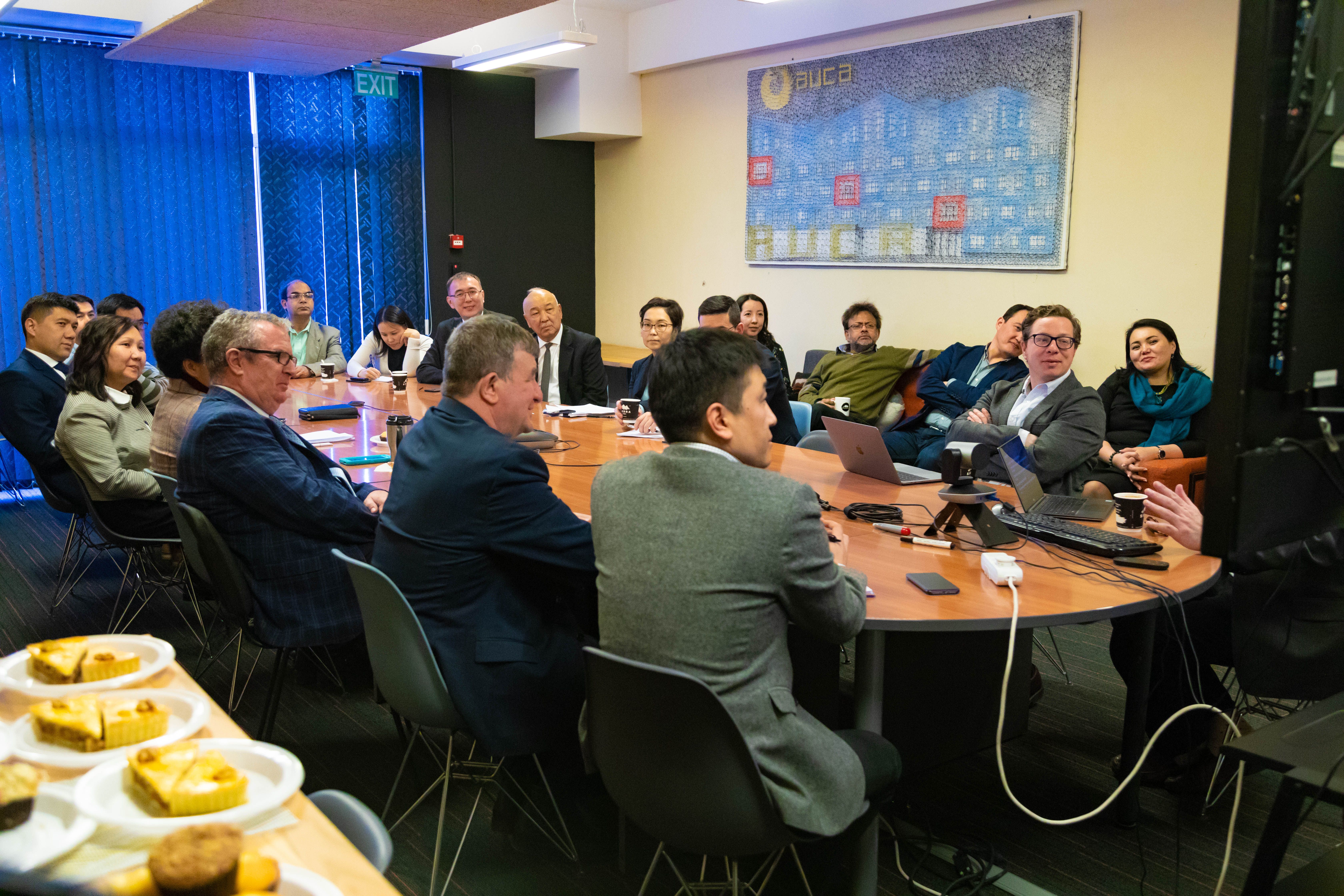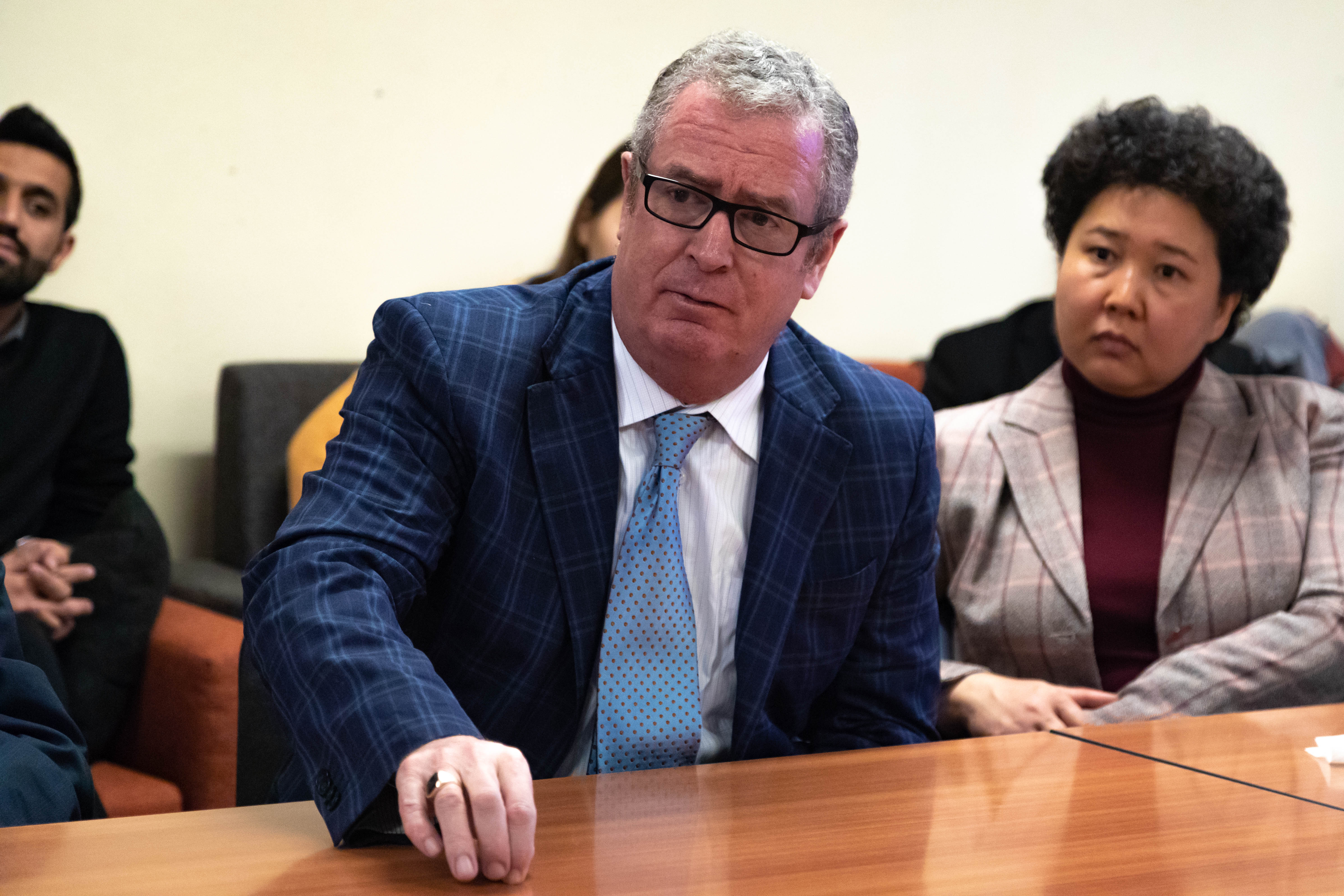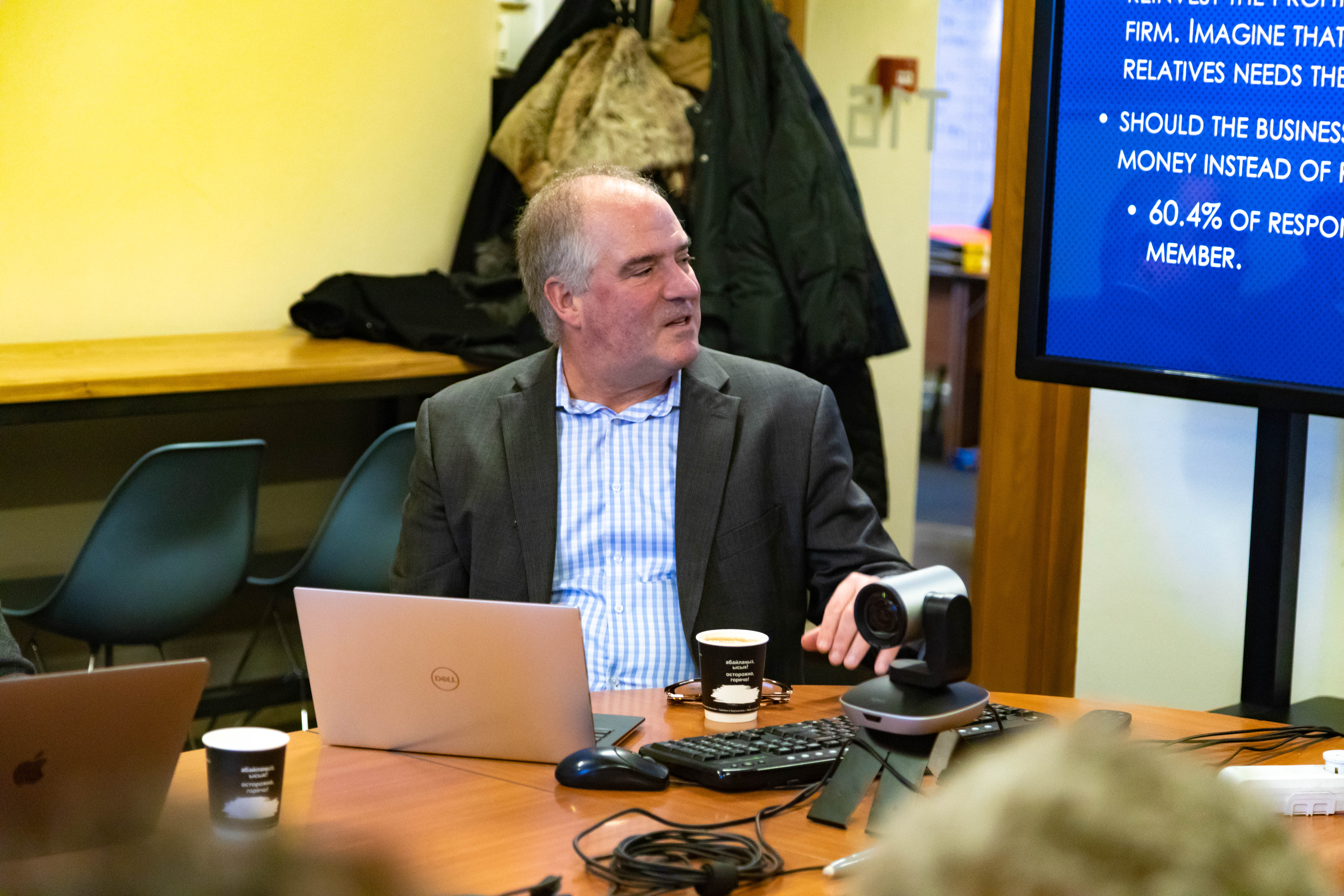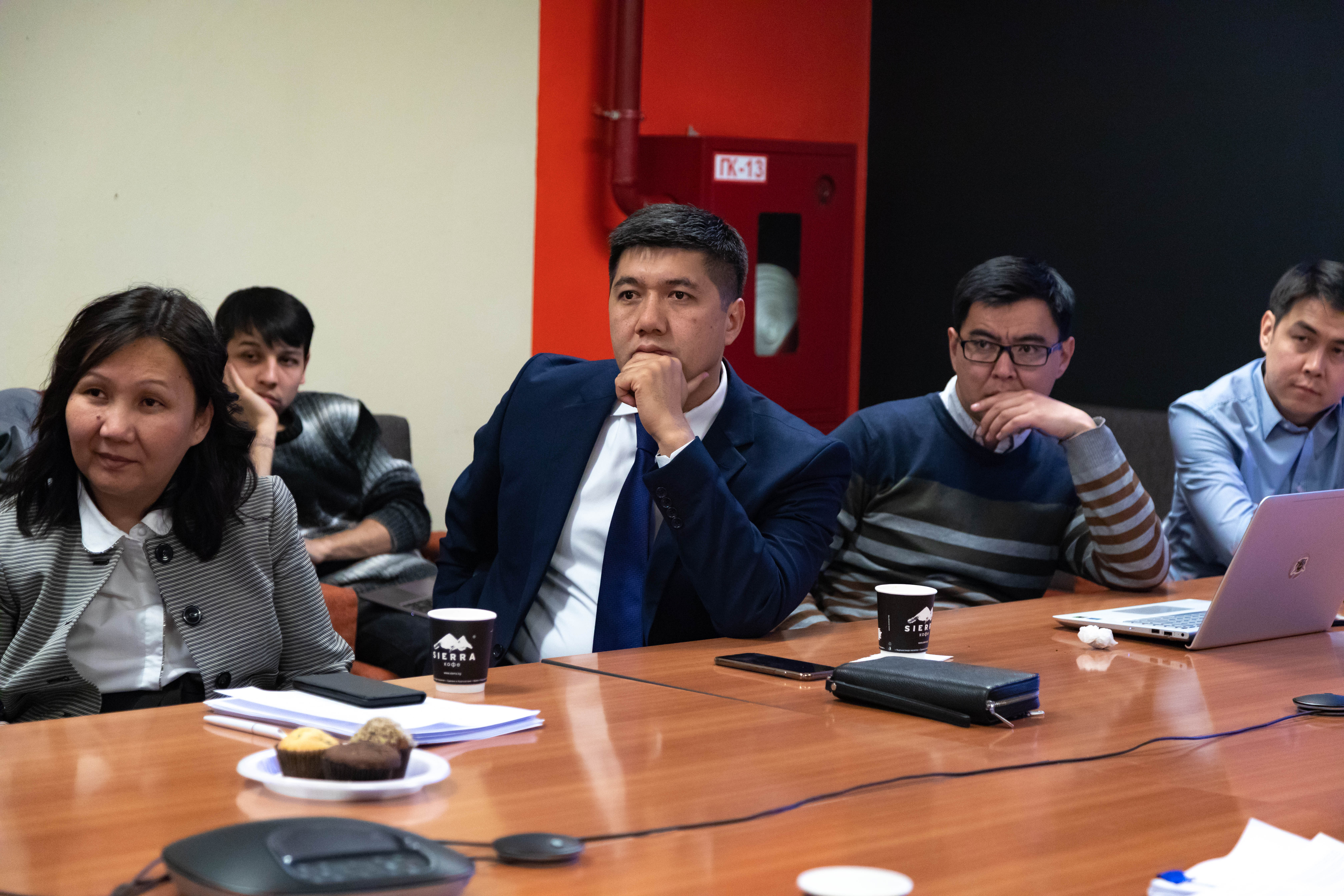February 4, 2020
The Economics Department of 69ɫ and Crossroads Central Asia, an independent research institute presented the results of a study on “Firms, Kinship and Economic Growth in the Kyrgyz Republic”.

The research was led by Dr. Paul Dower (University of Wisconsin - Madison), funded by the UK Department for International Development (DFID) and conducted locally by Crossroads Central Asia. The research addressed the question of whether kinship networks help promote entrepreneurship or impede its development in Kyrgyzstan.Ã˝
The seminar included remarks by Dr Andrew Kuchins (President, 69ɫ), Dr Shlomo Weber (President, New Economic School, Russia), presentation by Drs. Paul Castañeda Dower and Theodore Gerber (University of Wisconsin - Madison).


Research project summary
Private sector development and the entrepreneurial activity that drives it are central to economic growth. To function well, the private sector requires institutions that clearly define property rights and enforce contracts. In Central Asia, there is a broad consensus that kin ties are important in shaping and/or providing an alternative to formal institutions designed to support the private sector.

In this research, we ask whether kinship networks help promote entrepreneurship or impede its development. We will conduct a survey of firm managers/entrepreneurs about the nature of their family and friendship networks, what kinds of business and non-business resources they receive from and provide to their various contacts as well as measures of their firms’ performance and business environment. With this information, we can examine whether kinship ties are promoting or hindering entrepreneurship, capital accumulation and growth. Incorporating the role of kinship or even leveraging kin-ties could improve institutional policy design.